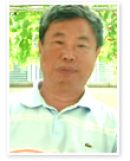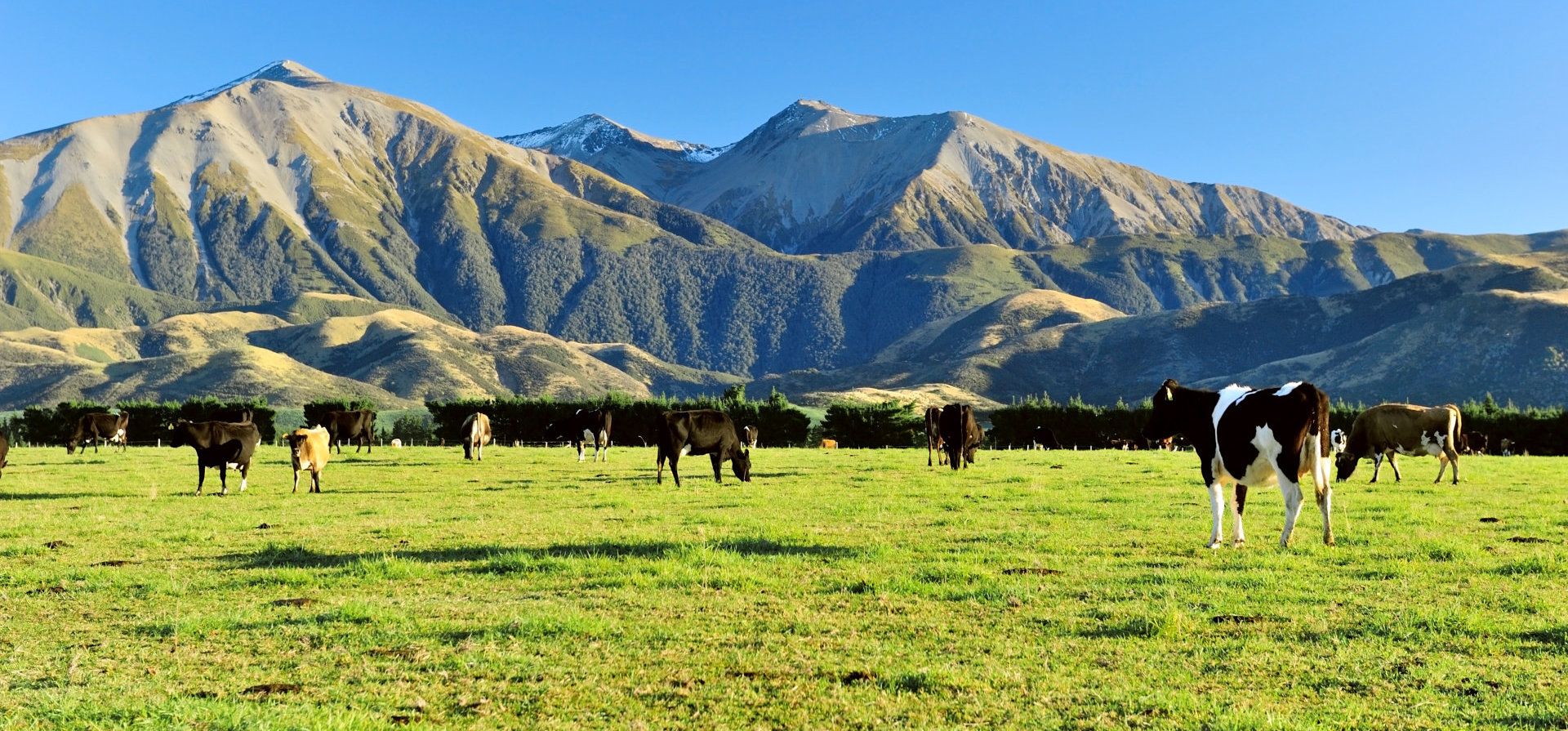About Us
The DNDC Model
DNDC is a process-based model that simulates the soil biogeochemical processes occurring in agricultural systems. It was originally developed as a tool to predict nitrous oxide emissions from cropping systems.
As a process-based model DNDC is capable of predicting soil fluxes of all three agricultural greenhouse gases (nitrous oxide, carbon dioxide, and methane) as well as other important environmental and economic factors such as crop production and nitrate leaching. The original DNDC model, widely used internationally, has been expanded to include other agricultural systems such as rice paddies, grazed pastures, and forests.
Global DNDC Network Purpose
- Facilitate the exchange of information and ideas between the widely dispersed users of the DNDC model - different research groups will frequently encounter similar issues, so it makes sense to pool information to avoid duplication of effort
- Stimulate additional improvements to the model
- Enhance coordination of research activities and facilitate new collaborative research programmes in greenhouse gases measurements and modelling
- Promote the synthesis and integration at various scales
- Keep researchers informed of other international work that may relate to their own interests through formal workshops.
Latest News
Newsletter
To unsubscribe from the mailing list click here

Changsheng Li
Research Professor, Institute for the Studies of Earth, Oceans, and Space, and Department of Natural Resources, University of New Hampshire, Durham, NH 03824, USA.
B.S. in Geochemistry, University of Science and Technology of China
M.S. in Environmental Chemistry, Chinese Academy of Sciences
Ph.D. in Biogeochemistry, University of Wisconsin and Chinese Academy of Sciences.
Changsheng Li was trained as a geochemist studying on transport and transformation of the chemical elements on Earth based on principles of thermodynamics and chemical reaction kinetics, granted with B.S. of Geochemistry in the University of Science and Technology of China in Beijing in 1964. His B.S. thesis was "Enrichment of lithium by aquatic plants in the salt lakes in Gobi-desert of China". He focused on heavy metal studies related to environmental pollution during his graduate training, granted with M.S. of Environmental Chemistry in the Chinese Academy of Sciences in 1981. His M.S. thesis was "Adsorption kinetics of mercury in the sediments of Ji River in North China".
He continued his graduate training in the University of Wisconsin and accomplished dissertation entitled "Effect of soil chemical weathering on buffering acidic precipitation in the Round Lake forest ecosystems in Wisconsin", granted with Ph.D. of Biogeochemistry in 1988. In his early scientific career, his studies focused on biogeochemistry of trace elements related to human's health. He and his colleagues found the relation of selenium with an endemic heart failure affecting millions population in China in the 1970s, and initiated the first regional environmental pollution research project of China in the 1980s.
In 1989 Changsheng Li moved to the U.S. consulting the newly established Global Climate Change Office in the U.S. EPA in Washington, DC. For shifting his research from the trace to abundant elements, carbon and nitrogen, he initiated the development of the DNDC model for quantifying carbon sequestration in and nitrous oxide and methane emissions from the U.S. agriculture. Supported by NSF, NASA, EPA, USDA, NOAA and other funding agencies, he has been coordinating the development and applications of the DNDC model in collaboration with a wide range of domestic and international researchers during the past 20 years.
His latest interest is in developing two new versions of DNDC, Wetland-DNDC and Manure-DNDC, to serve greenhouse gas mitigation related to wetland and livestock farm ecosystems, respectively.

Jia Deng
Research Scientist, Institute for the Study of Earth, Oceans, and Space, University of New Hampshire, Durham, NH 03824, USA.
B.S. in Soil Science and Plant Nutrition, China Agricultural University, Beijing, China
Ph.D. in Atmospheric Physics and Atmospheric Environment, Chinese Academy of Sciences, Beijing, China
Dr. Jia Deng is a research scientist at the Institute for the Study of Earth, Oceans, and Space, University of New Hampshire. His research field is biogeochemistry. He has studied soil science, plant, and agricultural environment through undergraduate education, and has been granted with B.S. of Soil Science and Plant Nutrition in the China Agricultural University. He has focused on hydrology, carbon and nitrogen biogeochemistry, greenhouse gas emissions, and nitrogen pollution during his graduate training, and has been granted with Ph.D. of Atmospheric Physics and Atmospheric Environment in the Chinese Academy of Sciences. His Ph.D. thesis was "Modeling Nitrogen Loss from Small Watershed ".
He has been primarily focusing on developing and applying the process-based biogeochemical model, DNDC, to evaluate vegetation growth, soil water, carbon and nitrogen dynamics, greenhouse gas emissions, and nitrogen pollutions from different ecosystems (such as croplands, rangelands, livestock farms, forest, wetlands). He has more than 10 years experience in the DNDC model, and has provided guides and suggestions for global DNDC users.
Contact:
E-mail:

Surinder Saggar
Research Leader, Landcare Research, Private Bag 11052, Palmerston North 4442, New Zealand
B.Sc.(Ag) with Honours, Punjab Agricultural University, India.
M.Sc.(Soils) Punjab, Agricultural University, India.
Ph.D. in Soil Science, University of Saskatchewan, Canada.
Surinder Saggar is a Principal Scientist & Research Leader Global Change Processes at Landcare Research and holds the jointly established Chair in Environmental Science with Massey University. After graduating BSc (Ag) with Honours and MSc (Soils) from the Punjab Agricultural University, India, he took his PhD in Soil Science at the University of Saskatchewan, Canada. For over 35 years Professor Saggar has studied soil processes under a wide range of land uses and land managements and contributed to the development of strategies for sustainable land use.
His current research features climate change, process-based understanding of environmental implications of gaseous losses of nitrogen and its mitigation strategies. He is Fellow of New Zealand Society of Soil Science and recipient of Norman Taylor Memorial Award for his outstanding contributions to New Zealand and international soil science, M.L. Leamy Award for the most meritorious contribution to soil science by a New Zealand Society of Soil Science member published in the three years, and Landcare Research Regional Achievement Award. He is the Section Editor of Soil Biology and Biochemistry and Editorial board member of Agriculture, Ecosystems & Environment.
Contact
Tel: (646) 353-4934
FAX: (646) 353-4801
E-mail:

Donna Giltrap
Process-based modeller, Landcare Research, Private Bag 11052, Palmerston North 4442, New Zealand
BSc(Hons) in Physics and Mathematics, Victoria University of Wellington, New Zealand
MSc in Physics, Victoria University of Wellington, New Zealand
PhD in Physics, Massey University, New Zealand.
Donna Giltrap studied physical sciences, mathematics and computer science. Her PhD research was on biomass gasification. Since joining Landcare Research in 2004, research interests have included modelling greenhouse gas fluxes from grazed pasture systems at paddock to regional scale and assessing the potential environmental impacts of biofuel production.
Contact
Tel: (646) 353-4820
FAX: (646)353-4801
E-mail:
